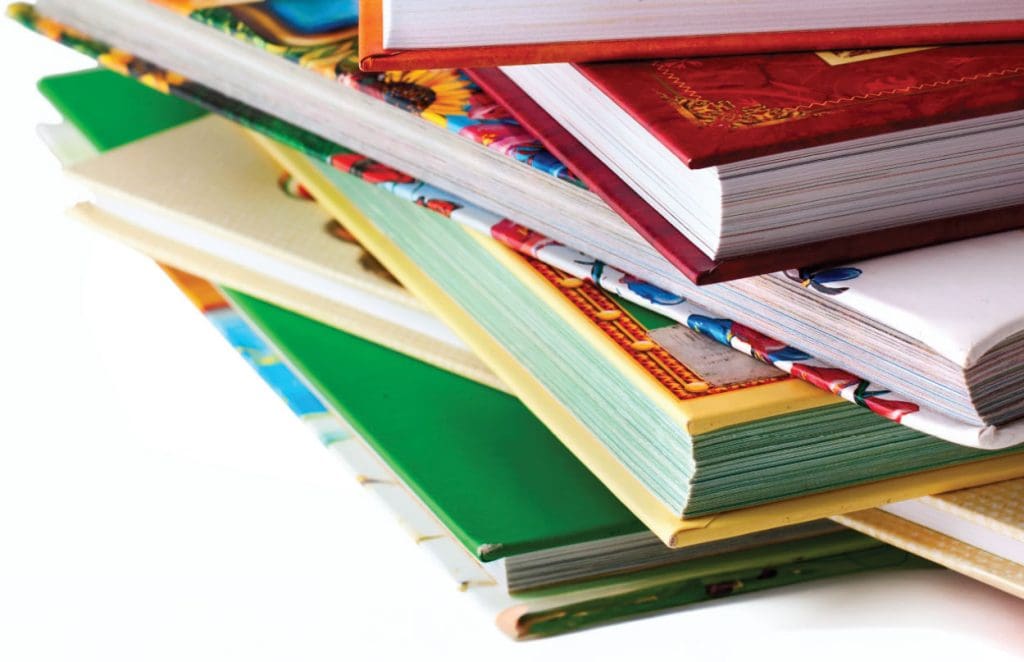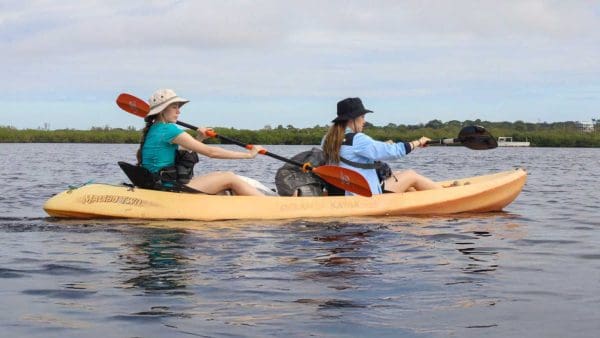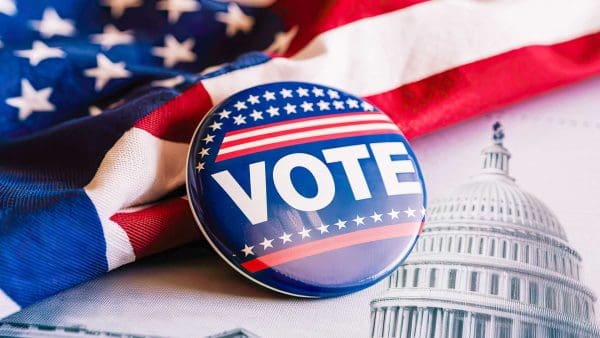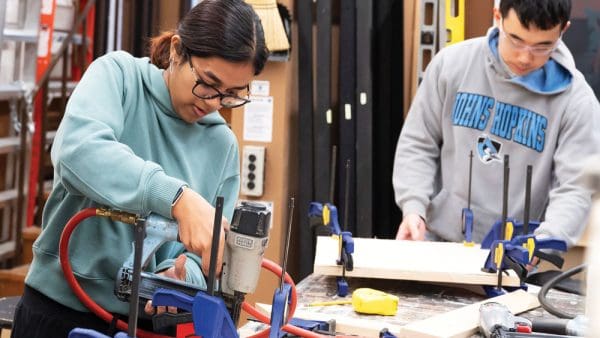
Course title: “Children’s Literature and the Self: From Fairy Tales to Science Fiction”
Instructor: Katarzyna Jerzak, Lecturer,
Department of Comparative Thought and Literature
Course description
This course isn’t what you expect. It is not easy. It is not even fun. We will tackle painful topics: orphanhood, loneliness, jealousy, death. We will also deal with parenthood, childhood, justice, and love. We will investigate the special connection between children and animals. Many iconic children’s literature characters are outsiders. All along we will consider how children’s literature reflects and shapes ideas of selfhood, from archetypal to post-humanistic ones.
Selected readings
- Kaytek the Wizard, Janusz Korczak
- Moomin: The Complete Tove Jansson Comic Strip: Volume Two, Tove Jansson
- The Summer Book, Tove Jansson
- Pippi Longstocking, Astrid Lindgren
- The Little Prince, Antoine de Saint-Exupéry
- Platero and I, Juan Ramón Jiménez
- Peter Pan in Kensington Gardens/ Peter and Wendy, J. M. Barrie
- Classic Fairy Tales, Norton Critical Editions
- Ghetto Diary, Janusz Korczak
- Mortal Engines, Stanislaw Lem
Course Requirements
Each student gives an informal oral presentation on one of the texts, and writes a comparative final paper or a work of children’s fiction—a fairy tale, short story, series of poems, or musical composition.




